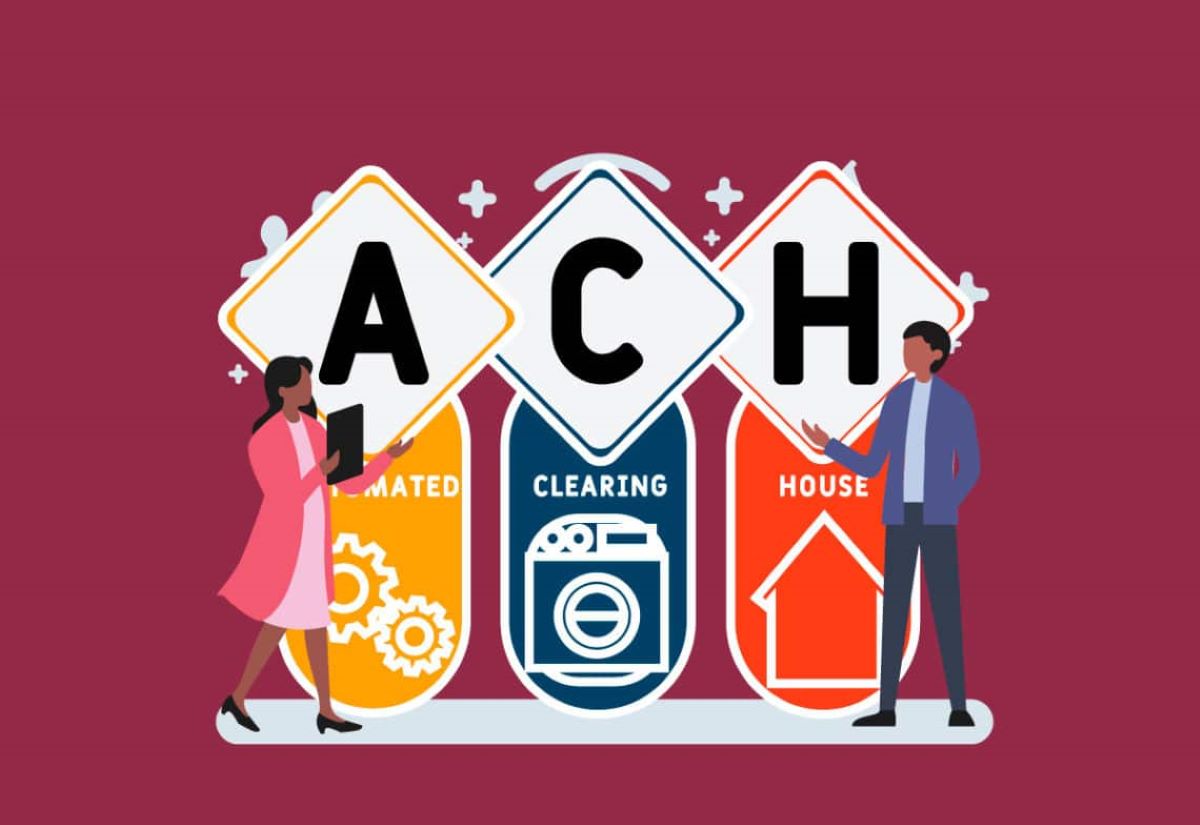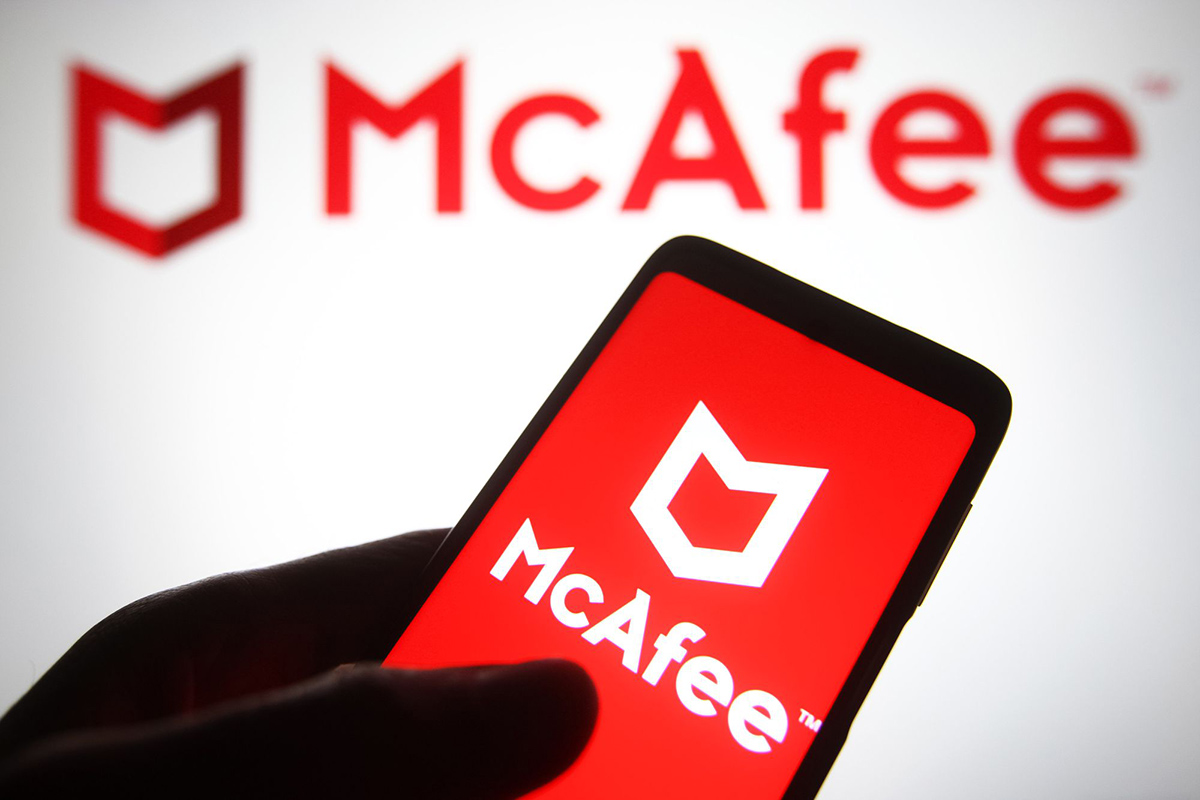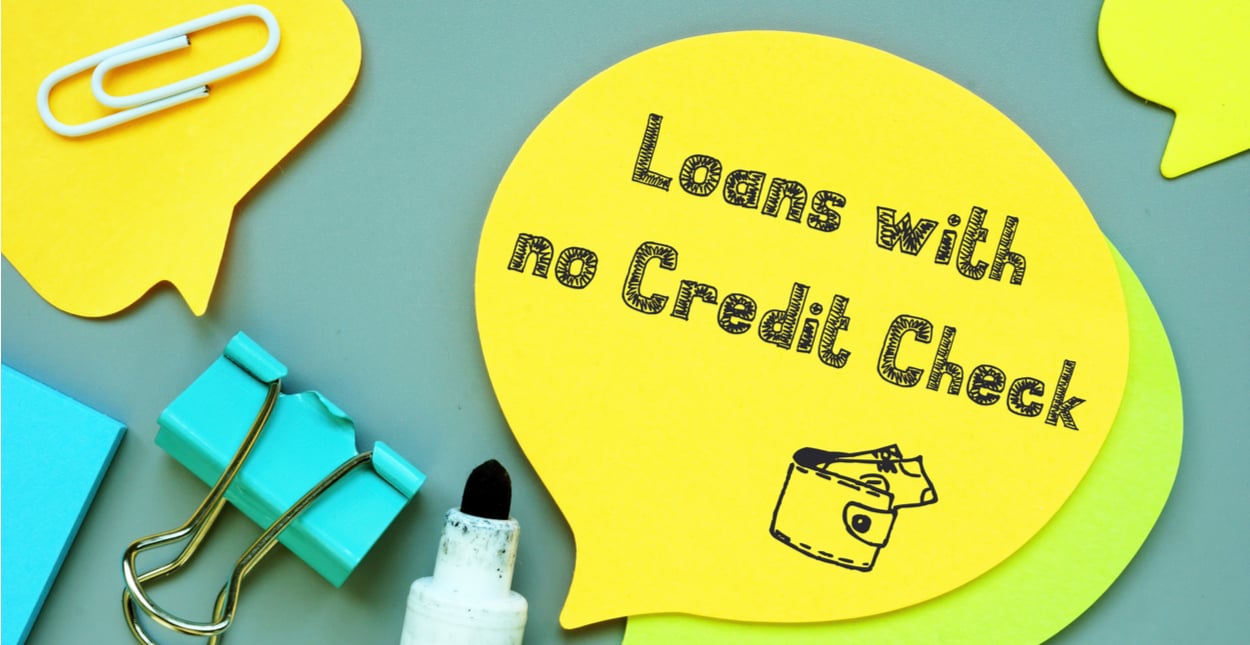Home>Finance>How To Stop Payday Loans From Debiting My Account?


Finance
How To Stop Payday Loans From Debiting My Account?
Modified: February 21, 2024
Learn effective strategies to prevent payday loans from debiting your account. Get expert advice on managing your finances and stopping unauthorized withdrawals. Protect your finances with our helpful tips.
(Many of the links in this article redirect to a specific reviewed product. Your purchase of these products through affiliate links helps to generate commission for LiveWell, at no extra cost. Learn more)
Table of Contents
Introduction
Payday loans can offer quick financial relief in times of need, but they often come with high costs and the risk of continuous debiting from your account. For individuals facing financial challenges, the convenience of payday loans may initially seem like a viable solution. However, the cycle of debt that can result from the automatic debiting of loan payments can exacerbate the financial strain.
Understanding the intricacies of payday loan debits, your legal rights, and the available protections is crucial in safeguarding your financial well-being. This article delves into the essential aspects of payday loan debits, empowering you with the knowledge to take control of your finances and halt automatic withdrawals from your account.
In the following sections, we will explore the mechanisms of payday loan debits, your legal rights and protections as a borrower, and actionable steps to cease payday loans from debiting your account. Additionally, we will discuss alternative options to payday loans, providing insights into more sustainable and manageable avenues for addressing financial difficulties.
By gaining a comprehensive understanding of these critical elements, you can navigate the challenges associated with payday loans and make informed decisions to protect your financial stability. Let's delve into the intricacies of payday loan debits and explore the measures to halt these transactions, empowering you to regain control of your finances and pave the way towards a more secure financial future.
Understanding Payday Loan Debits
Payday loan debits refer to the practice of lenders automatically withdrawing funds from a borrower’s bank account to collect loan payments. This automatic debit arrangement is often a condition of obtaining a payday loan, and it can lead to a cycle of continuous withdrawals if not managed effectively.
When a borrower agrees to a payday loan, they typically provide the lender with authorization to debit the loan amount, plus fees and interest, directly from their bank account on the due date. This process is designed to streamline repayment for the borrower, but it can also pose challenges, especially if the necessary funds are not readily available in the account.
One of the key concerns with payday loan debits is the potential for overdrafts and insufficient fund fees if the borrower’s account does not have enough money to cover the automatic withdrawal. These additional charges can further strain the borrower’s financial situation, creating a cycle of debt that is difficult to break free from.
Furthermore, the frequency of payday loan debits can vary depending on the terms of the loan agreement. Some lenders may set up multiple debits, making it crucial for borrowers to carefully monitor their accounts to avoid unexpected withdrawals.
Understanding the mechanics of payday loan debits is essential for borrowers to make informed decisions and take proactive measures to manage their finances effectively. By gaining insight into the implications of automatic withdrawals and the potential challenges they can pose, borrowers can develop strategies to prevent excessive debits and protect their financial well-being.
Legal Rights and Protections
As a borrower, it’s essential to be aware of your legal rights and the protections in place to safeguard you from unfair practices related to payday loan debits. The regulatory framework governing payday lending varies by jurisdiction, but there are general principles and protections that apply to borrowers in many regions.
One crucial protection for borrowers is the right to revoke authorization for automatic debits from their bank account. If you’ve granted permission for a payday lender to initiate withdrawals, you have the legal right to cancel that authorization at any time. This empowers you to take control of your finances and prevent further debits from occurring.
Additionally, many jurisdictions have regulations that limit the frequency and total number of debits that a payday lender can initiate. These restrictions are designed to prevent excessive withdrawals that could lead to financial hardship for borrowers. Familiarizing yourself with the specific regulations in your area can help you understand the protections available to you.
Furthermore, consumer protection laws often require payday lenders to provide clear and transparent disclosures about the terms of the loan, including the debiting process. This information enables borrowers to make informed decisions and understand their rights and obligations before entering into a loan agreement.
In the event of unauthorized or erroneous debits, borrowers are entitled to dispute the transactions and seek recourse through their financial institution. Many banks have processes in place to address unauthorized withdrawals, offering avenues for borrowers to challenge improper debits and seek resolution.
By understanding your legal rights and the protections afforded to you as a borrower, you can assert control over the debiting process and mitigate the potential negative impacts of payday loans on your financial stability.
Steps to Stop Payday Loans from Debiting Your Account
If you find yourself in a situation where you need to stop payday loans from debiting your account, there are several proactive steps you can take to assert control over the debiting process and protect your financial well-being.
1. Revoke Authorization: Exercise your legal right to revoke authorization for automatic debits from your bank account. Contact your financial institution and request to cancel the authorization you previously granted to the payday lender. Ensure that you follow the bank’s procedures for revoking authorization to prevent any future debits.
2. Communicate with the Lender: Inform the payday lender in writing that you are revoking the authorization for automatic debits. Clearly state your intention to stop the debits and request confirmation of the action taken by the lender. Maintaining a record of your communication can serve as valuable documentation in the event of any disputes.
3. Monitor Your Account: Vigilantly monitor your bank account to ensure that no further debits occur after you’ve revoked authorization. If you notice any unauthorized withdrawals, promptly notify your financial institution and initiate the dispute process to seek resolution.
4. Seek Legal Assistance: If you encounter challenges in stopping payday loan debits or face resistance from the lender, consider seeking legal assistance. Legal professionals with expertise in consumer rights and financial matters can provide guidance and support in navigating the complexities of halting automatic withdrawals.
5. Consider Account Closure: In extreme cases where debits persist despite your efforts to revoke authorization, you may opt to close the bank account linked to the payday loans. Opening a new account can help prevent further debits and provide a fresh start for managing your finances.
By taking these proactive steps, you can assert control over the debiting process and work towards stopping payday loans from automatically withdrawing funds from your account. It’s important to stay informed about your rights and options, and to take decisive action to protect your financial interests.
Alternative Options to Payday Loans
When facing financial challenges, exploring alternative options to payday loans can offer more sustainable pathways to address immediate monetary needs without falling into the cycle of debt associated with payday lending. Consider the following alternatives that may provide relief without the high costs and risks of payday loans:
1. Personal Installment Loans: Personal installment loans from reputable lenders, including banks and credit unions, offer a structured repayment plan and may have lower interest rates compared to payday loans. These loans provide a lump sum that can be repaid in fixed installments over a specified period, offering greater predictability and affordability.
2. Negotiating Payment Plans: If you’re struggling to meet financial obligations, contacting your creditors or service providers to negotiate extended payment plans or revised terms can alleviate immediate financial strain. Many creditors are willing to work with borrowers facing hardship to establish manageable repayment arrangements.
3. Community Assistance Programs: Local community organizations and non-profit agencies often provide assistance programs designed to support individuals in need. These programs may offer financial aid, food assistance, utility bill support, and other resources to help alleviate financial burdens.
4. Credit Counseling Services: Seeking guidance from accredited credit counseling agencies can help you develop a comprehensive plan to manage your finances and address debt challenges. These services often provide budgeting assistance, debt management strategies, and valuable financial education.
5. Emergency Assistance Funds: Some employers, religious organizations, and community groups administer emergency assistance funds to aid individuals facing unexpected financial difficulties. Exploring these resources can provide temporary relief during challenging times.
By exploring these alternative options, you can access financial assistance in a more sustainable and responsible manner, avoiding the high costs and potential pitfalls associated with payday loans. It’s important to assess your individual financial situation and consider the long-term implications of any borrowing or assistance options you pursue.
Conclusion
Empowered with a comprehensive understanding of payday loan debits, your legal rights, and alternative options, you are equipped to navigate financial challenges with greater resilience and control. The detrimental cycle of continuous debits from payday loans can be effectively managed through proactive measures and informed decision-making.
By recognizing your legal right to revoke authorization for automatic debits, communicating with the lender, and vigilantly monitoring your bank account, you can take decisive steps to stop payday loans from debiting your account. Additionally, seeking legal assistance and considering account closure when necessary can further safeguard your financial well-being.
Exploring alternative options to payday loans opens doors to more sustainable pathways for addressing financial needs. Personal installment loans, negotiated payment plans, community assistance programs, credit counseling services, and emergency assistance funds offer viable alternatives that prioritize long-term financial stability over the short-term relief provided by payday loans.
As you navigate your financial journey, it’s essential to make informed decisions, leverage available resources, and prioritize your long-term financial well-being. By exercising your rights, seeking support when needed, and exploring alternative avenues for financial assistance, you can overcome challenges and build a more secure financial future.
Ultimately, by taking control of your finances and making strategic choices, you can break free from the cycle of payday loan debits and pave the way towards a more stable and resilient financial outlook.














